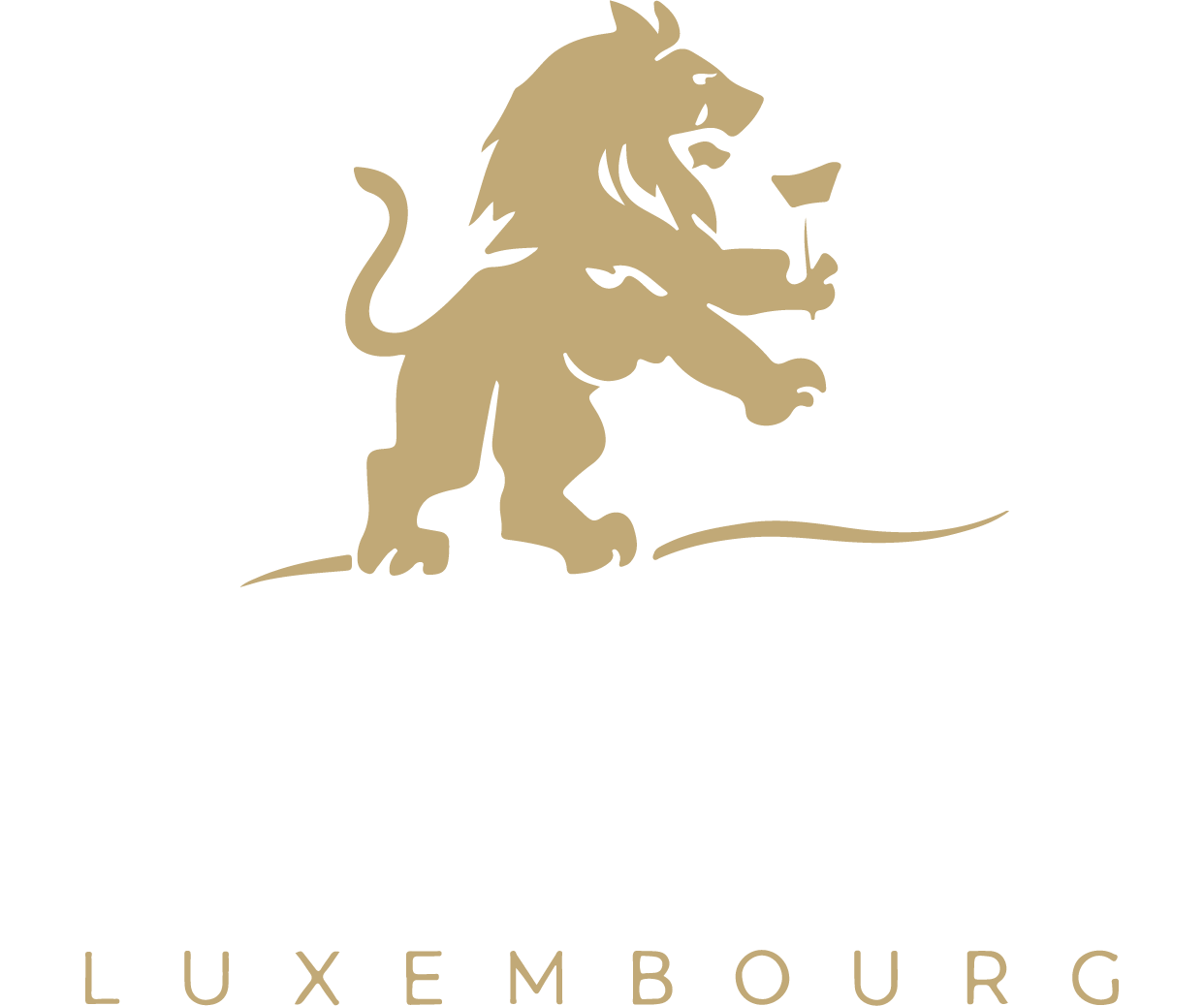1. Understanding Trust Law in Luxembourg
Luxembourg has a unique approach to trusts, blending local civil law principles with international recognition of the trust concept under the Hague Trust Convention. The key legal basis is the Law of 27 July 2003, which recognizes the effects of trusts created abroad while also allowing for fiduciary contracts under Luxembourg law.
A trust involves three main parties: the settlor (who transfers assets), the trustee (who manages the assets), and the beneficiaries (who benefit from the trust). Unlike common law jurisdictions, Luxembourg does not have a domestic trust law but provides a secure framework for international clients wishing to use trusts in estate planning, wealth protection, and succession.
2. How to Set Up a Trust in Luxembourg: Step-by-Step Guide
Setting up a trust in Luxembourg requires careful planning and expert legal drafting. The process begins with defining the objectives: whether it is for family wealth preservation, investment structuring, or philanthropic goals. The settlor must identify the assets to be transferred and appoint a trustee, often a professional fiduciary or financial institution.
The trust deed or fiduciary contract outlines the terms, rights of beneficiaries, powers of trustees, and duration of the arrangement. While no special license is required for private trusts, compliance with anti-money laundering (AML) rules and registration requirements must be respected. The setup is typically guided by legal and tax advisors to ensure compliance and efficiency.
3. Taxation of Trusts in Luxembourg
Tax treatment of trusts in Luxembourg depends on the structure and the parties involved. Trusts themselves are generally not subject to corporate taxation, as they are considered transparent structures. Instead, taxation falls on the beneficiaries when income is distributed or when inheritance rules apply.
For non-resident beneficiaries, the use of Luxembourg trust is favorable as it does not create any tax burden in Luxembourg.
4. Register of Fiduciary Arrangements and Trusts (RFT)
In line with EU anti-money laundering directives, Luxembourg established the Register of Fiduciary Arrangements and Trusts (RFT). Trustees and fiduciaries are required to disclose key information on the trust, including the identity of the settlor, trustees, and beneficiaries.
While the register aims to enhance transparency, access is limited to competent authorities and certain professionals such as notaries or lawyers. This balance between transparency and confidentiality ensures Luxembourg remains attractive to international clients, while still complying with global AML standards.
5. International Recognition and Cross-Border Issues
Luxembourg’s adherence to the Hague Trust Convention ensures that trusts validly established abroad are recognized domestically. This recognition is crucial for international families and investors with cross-border interests.
However, care must be taken with succession laws. Civil law principles, particularly forced heirship rules, may limit the freedom of settlors to dispose of assets. Advisors often combine Luxembourg trusts with other planning tools such as life insurance, private foundations, holding company, special purpose vehicles, private funds, etc to achieve comprehensive cross-border solutions.
6. Practical Applications of Trusts in Luxembourg
Trusts in Luxembourg are widely used in both private and business contexts. Families often rely on trusts to secure wealth transfer across generations, protect assets from creditor claims by creating a ring fenced orphan entity in capital market transactions and provide for vulnerable family members.
In the corporate world, trusts can be used to hold shares in private companies, manage investment portfolios, intellectual property, real estate, art collection, or facilitate employee benefit schemes or securitization transactions.
Charitable trusts are also recognized, allowing individuals to direct wealth toward philanthropic causes while benefiting from favorable tax treatment.
8. Luxembourg vs Other Trust Jurisdictions
Compared to traditional trust hubs such as Jersey, Guernsey, or the Cayman Islands, Luxembourg offers a unique civil law environment combined with international trust recognition. One key advantage is its integration within the European Union and its strong financial sector, providing stability and credibility.

